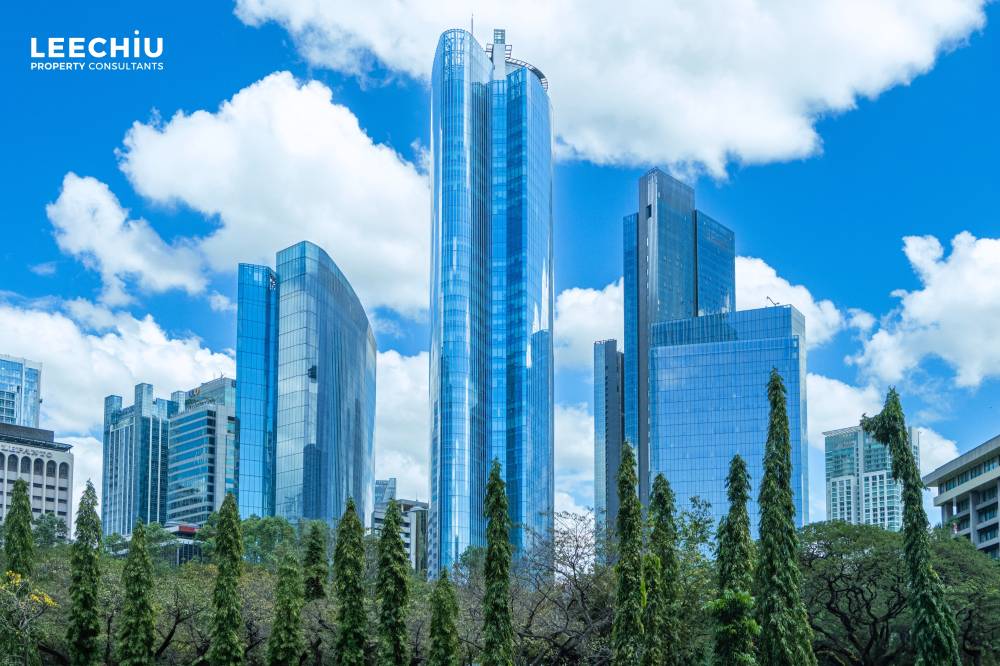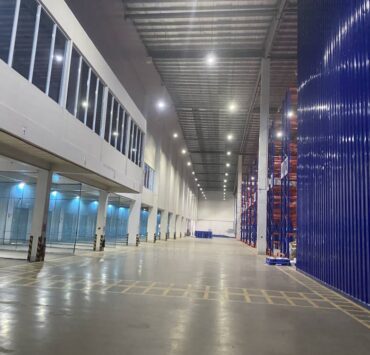How Makati City’s evolving zoning laws will shape its future

With these anticipated zoning law revisions, Makati City is positioning itself for sustained growth and urban revitalization
Makati City remains the premier business and financial hub of the Philippines, home to some of the country’s largest corporations and conglomerates, multinational headquarters, and high-end luxury residential developments.
As the city competes with newer urban centers like Bonifacio Global City (BGC) and Filinvest City, modernization efforts are now underway, poised to update zoning laws and lift outdated deed restrictions in the Makati central business district (CBD).
With potential changes to allowable floor area limits, land use, and development restrictions, property owners stand to gain greater flexibility in maximizing their assets, while investors and businesses can look forward to a more dynamic and competitive real estate landscape.
Zoning updates, deed restrictions
Currently, certain areas in Makati CBD are subject to restrictive provisions, which limit building heights and floor areas, land use, and commercial activities. These constraints were established decades ago to maintain a uniform skyline and controlled urban density, but they now hinder modern, sustainable, and higher-density developments.
Sources indicate that plans are underway to update these deed restrictions by May 2025, allowing property owners to develop newer, taller, and more efficient skyscrapers in areas previously covered by strict regulations.
This shift would align Makati CBD with the vertical growth seen in BGC and other emerging business districts.
Once these restrictions are updated, the Makati City government, together with the relevant estate associations, is expected to update its official zoning laws, further streamlining regulations and encouraging new investments and redevelopments in commercial and mixed-use spaces.
Impact on property values, investment opportunities
The potential removal of outmoded restrictions and an updated zoning framework could significantly increase land values and development opportunities in Makati. As seen in other business districts, greater flexibility in zoning often leads to higher demand, new investments, and urban renewal.
With these expected changes, property values in Makati are likely to rise as developers gain the ability to maximize floor area ratios and construct more modern, mixed-use, sustainability-certified developments. The introduction of taller, more energy-efficient buildings will help attract and capture global corporations and investors looking for sustainable and future-ready office spaces.
This modernization will also enhance Makati’s appeal to multinational firms and retail giants seeking prime locations, reinforcing its position as the top business destination in the Philippines.
The shift in zoning regulations will not only benefit large-scale commercial developers but also bolster the high-end residential market. With expanded development opportunities, luxury condominiums, premium office spaces, and integrated communities are expected to rise, catering to the growing demand for upscale urban living.
As competition with BGC and Filinvest City intensifies, these zoning changes ensure that Makati retains its competitive edge as the country’s leading business hub.
Infrastructure, market readiness
Makati’s transportation and infrastructure network remains one of its strongest advantages, providing direct access to major roads, mass transit systems, and international business hubs.
With zoning revisions on the horizon, the city is expected to see an increase in commercial developments attracting multinational firms, as well as stronger demand for premium office spaces in central locations. The rise of high-end residential and mixed-use developments will further enhance the city’s live-work-play environment, making it more attractive for both businesses and residents.
Additionally, with the Bangko Sentral ng Pilipinas (BSP) expected to cut interest rates to 4.75 percent to 5 percent by 2025, borrowing costs for real estate will become more favorable to developers and buyers. This reduction in financing rates is likely to fuel more investments into Makati, allowing developers to fast-track new projects and transform older buildings into modern, tech-driven office and residential spaces.
The combination of zoning flexibility, improved infrastructure, and lower borrowing costs creates a strong foundation for sustained property value appreciation and capital market resilience.
The future of Makati’s real estate market
With these anticipated zoning law revisions, Makati City is positioning itself for sustained growth and urban revitalization. By allowing greater development flexibility, lifting outdated restrictions, and modernizing its skyline, the city is ensuring it remains the country’s most desirable commercial and residential address.
For investors, developers, and property owners, now is the time to strategize on maximizing asset values in anticipation of new opportunities in Makati’s evolving real estate market. With expert insights and careful planning, stakeholders can capitalize on these regulatory changes to drive long term growth and profitability.
The author is the associate director for Investment Sales at Leechiu Property Consultants Inc.

















